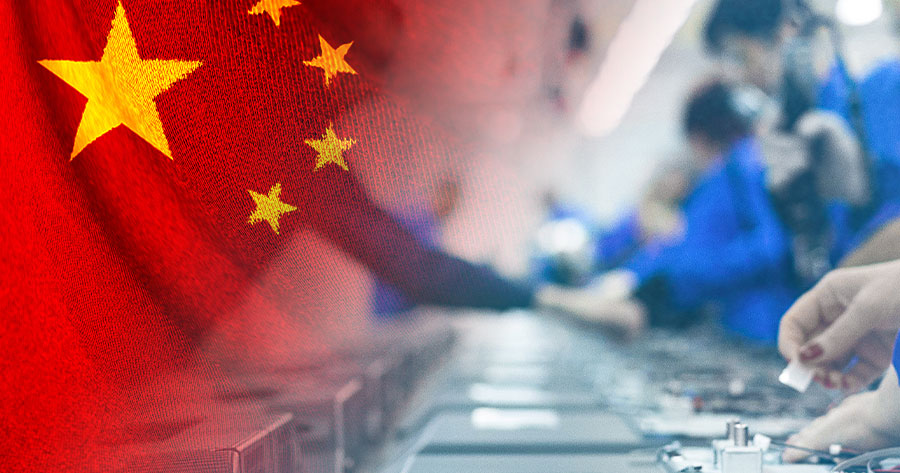As U.S. tariffs begin to take their toll, Chinese manufacturers are halting production and seeking new markets, leading to a reduction in orders that is impacting employment, according to industry sources and analysts.
Cameron Johnson, a senior partner at the Shanghai-based consulting firm Tidalwave Solutions, highlighted that certain factories, particularly those producing toys, sporting goods, and budget goods for dollar stores, are significantly affected. Some of these factories have sent a substantial portion of their staff home temporarily and curtailed much of their production.
Key export areas like Yiwu and Dongguan are experiencing these disruptions, raising concerns about potential expansion of the issue, noted Johnson. Companies hope for a reduction in tariffs to resume normal operations, but for now, they are reducing workforces and slowing production.
Estimates from Goldman Sachs suggest that between 10 million and 20 million workers in China are engaged in export activities bound for the U.S., out of the 473.45 million officially reported urban workers in China last year.
Recently, the United States significantly increased tariffs on Chinese imports, with China in response imposed equivalent duties on American products. Despite U.S. President Donald Trump’s statement that discussions with Beijing concerning trade were progressing, Chinese authorities have refuted claims of any ongoing negotiations.
The tariff increase is causing more significant disruption than the Covid-19 pandemic, as noted by Ash Monga, the founder and CEO of Imex Sourcing Services in Guangzhou. For smaller businesses with limited financial buffers, the higher tariffs could be catastrophic, potentially forcing them to close.
Projections from the World Trade Organization indicate a significant decline, approximately 77%, in Chinese exports to the United States by 2025. In contrast, China’s import activity is anticipated to rise across all other global markets.





